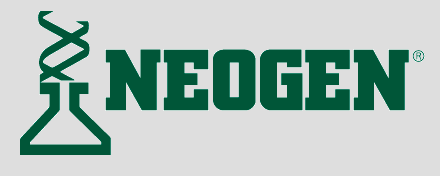Neogen Acquires Brazil-based Rogama

On December 27, 2016, Neogen Corporation announced that it had acquired Brazil-based Rogama Indústria e Comércio Ltda., a private company that develops and manufactures rodenticides and insecticides.
Rogama was founded in 1979, and offers more than 70 registered pest control products to Brazil’s agronomic, professional, and retail markets. The company is also a major supplier to public health agencies, including a long-term partnership with the Pan American Health Organization, which promotes enhanced health and living standards throughout the Americas. Rogama’s annual revenues are approximately $8 million (USD).
“Combined with our recent acquisitions of Quat-Chem, Preserve International, and others, adding Rogama further solidifies Neogen as a global leader for agricultural biosecurity products and expertise,” says Dr. Jason Lilly, Neogen’s vice president of corporate development. “Now in business for 37 years, Rogama has a well-earned reputation as a skilled developer of exclusive formulations for a wide variety of pest control needs. This capability will complement the pest control development efforts currently ongoing at other Neogen facilities, and enhance the products and expertise we can offer across global markets.”
Rogama is headquartered in certified, modern facilities in Pindamonhangaba, which is near São Paulo. Going forward, Rogama’s operations will be managed by Neogen’s Brazil-based Neogen do Brasil subsidiary, also located near São Paulo.
“Rogama has a long-standing history of providing comprehensive pest control solutions in Brazil and I cannot think of a better home than with Neogen,” says Dr. Álvaro Sá, Rogama’s director. “Neogen’s focus on biosecurity aligns very closely with our mission, and our products expand Neogen’s portfolio of effective and innovative rodenticides and insecticides.”
“Adding Rogama perfectly positions Neogen as we work to accelerate our growth in Brazil’s substantial animal safety market,” says Pierre Belhadj, Neogen’s country manager for Brazil. “The ability to manufacture biosecurity products for our Brazilian customers in Brazil represents significant advantages over shipping products from the United States or elsewhere. These advantages include cost, but also include the ability to rapidly respond to outbreaks of potentially devastating diseases to the massive Brazilian livestock and poultry industries, such as the recent outbreaks of bird flu and pig virus seen elsewhere.”
Terms of the current agreement were not disclosed.
Looking for a reprint of this article?
From high-res PDFs to custom plaques, order your copy today!





